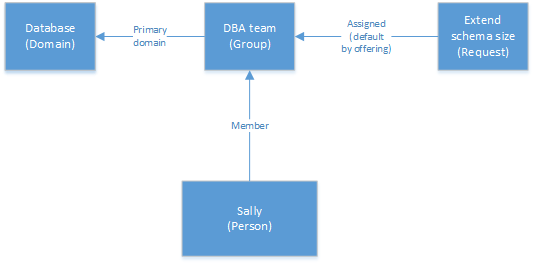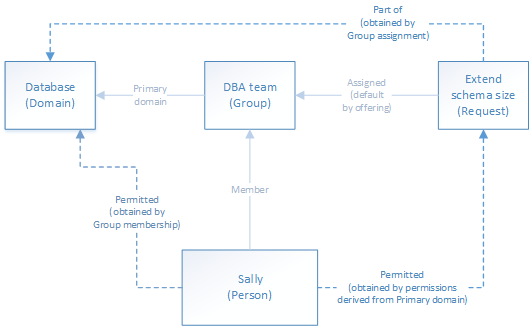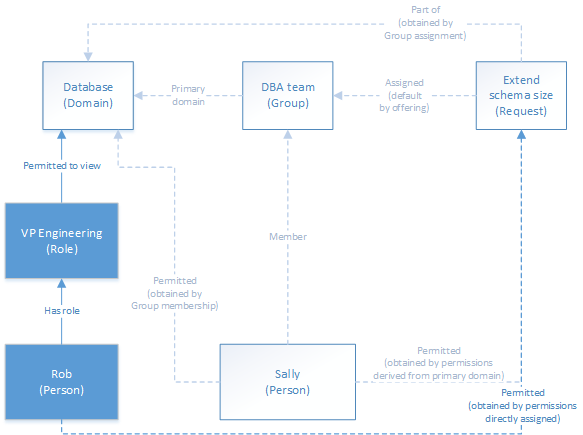Searching the Help
To search for information in the Help, type a word or phrase in the Search box. When you enter a group of words, OR is inferred. You can use Boolean operators to refine your search.
Results returned are case insensitive. However, results ranking takes case into account and assigns higher scores to case matches. Therefore, a search for "cats" followed by a search for "Cats" would return the same number of Help topics, but the order in which the topics are listed would be different.
| Search for | Example | Results |
|---|---|---|
| A single word | cat
|
Topics that contain the word "cat". You will also find its grammatical variations, such as "cats". |
|
A phrase. You can specify that the search results contain a specific phrase. |
"cat food" (quotation marks) |
Topics that contain the literal phrase "cat food" and all its grammatical variations. Without the quotation marks, the query is equivalent to specifying an OR operator, which finds topics with one of the individual words instead of the phrase. |
| Search for | Operator | Example |
|---|---|---|
|
Two or more words in the same topic |
|
|
| Either word in a topic |
|
|
| Topics that do not contain a specific word or phrase |
|
|
| Topics that contain one string and do not contain another | ^ (caret) |
cat ^ mouse
|
| A combination of search types | ( ) parentheses |
|
Data domain segmentation – use case
Here is a sample use case, based on the images shown below. This use case revolves around Sally and Rob, who are members of different groups, and therefore do not by default see the same records.
Sally is a member of the group called DBA team. The DBA team group has been assigned a Primary data domain called Database.
The request called Extend schema size is based on an offering that has a default group assignment of the DBA team group, whose Primary data domain is Database. All service requests based on this offering are assigned to the DBA team group and are therefore populated with the Database domain. Sally, as a member of the DBA team group, is automatically granted access to the new Extend schema size service request.
(Not illustrated in a diagram) If an incident is also opened based on this request (for example DB out of space), the incident is also automatically populated with the Database data domain as a result of the request's assignment to the DBA team group.

In this use case, the group is the only place in the system where the data domain is assigned. All other records are populated with the data domain assignment as a result of the assigned group’s Primary data domain. For example, in this use case the person, offering, service request, and incident records are all automatically populated with the Database data domain all as a result of the DBA team group’s Primary data domain assignment.

Rob is not a member of the DBA team group but also has access to view any records that have been assigned the Database data domain. This is because he has been assigned the VP Engineering role, which also has permission to view the Database data domain.

Related topics










